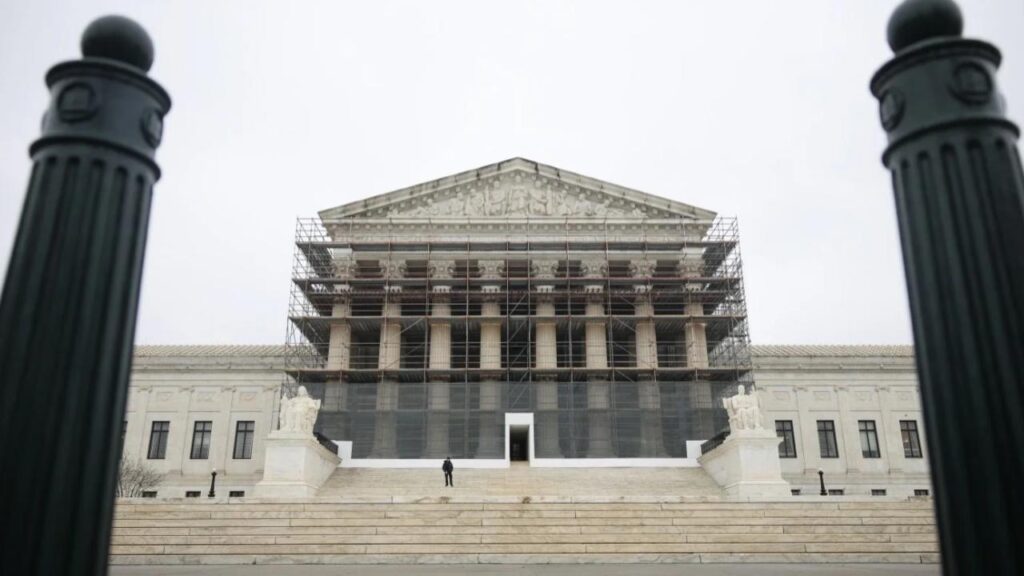In a landmark decision on June 5, 2025, the U.S. Supreme Court unanimously ruled in favor of Catholic Charities Bureau in Wisconsin, determining that the state violated the First Amendment by denying the nonprofit a tax exemption granted to religious organizations.

Supreme Court Sides with Catholic Charities
| Takeaway | Stat |
|---|---|
| Unanimous Decision | 9-0 ruling |
| First Amendment Violation | Denial based on secular criteria |
| Potential Nationwide Impact | Could affect tax exemptions for religious nonprofits |
The Supreme Court’s decision marks a significant moment in the ongoing discourse surrounding religious freedom and the role of religious organizations in providing public services. By emphasizing government neutrality in religious matters, the Court has set a precedent that could reshape the landscape for religiously affiliated nonprofits nationwide.
The Case at a Glance
Catholic Charities Bureau, affiliated with the Roman Catholic Diocese of Superior, Wisconsin, provides services to individuals with disabilities and mental health challenges. Despite its religious affiliation, the Wisconsin Supreme Court previously ruled that the charity’s services were too secular to qualify for a religious tax exemption, as they did not proselytize or serve only Catholics.
The U.S. Supreme Court reversed this decision, emphasizing that the state’s criteria violated the First Amendment by favoring certain religious expressions over others.
Justice Sotomayor’s Opinion
Justice Sonia Sotomayor, writing for the unanimous Court, stated that the government’s role is to maintain neutrality among religions. She argued that Wisconsin’s approach imposed a denominational preference by differentiating between religions based on theological practices. This, she noted, requires the highest level of judicial scrutiny.
Broader Implications
This ruling may have significant implications for religiously affiliated nonprofits across the United States. Organizations that provide services without overt religious activities, such as proselytizing, could now be eligible for tax exemptions previously denied.
Legal experts suggest that this decision reaffirms constitutional protections for a broad range of religious expressions and activities. It may influence how governments at all levels treat tax exemptions for religiously affiliated nonprofits, including Catholic hospitals and other service organizations.
Reactions
Eric Rassbach, senior counsel at the Becket Fund for Religious Liberty, praised the decision, stating, “It was always absurd to claim that Catholic Charities wasn’t religious because it helps everyone, no matter their religion.”
Conversely, the Freedom From Religion Foundation criticized the ruling, arguing that treating religiously affiliated nonprofits the same as all other nonprofits is not a violation of the First Amendment.






